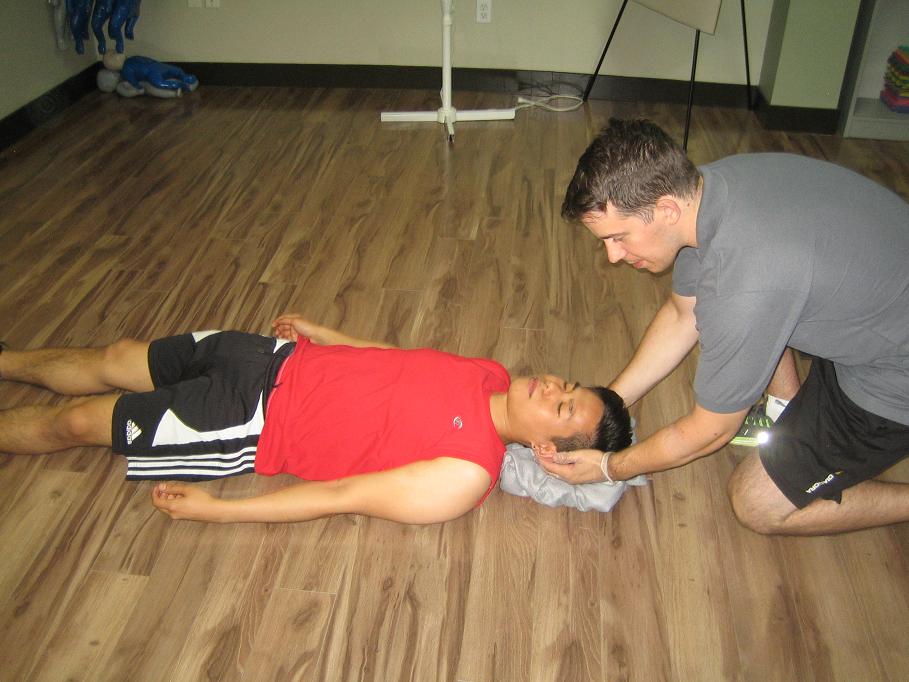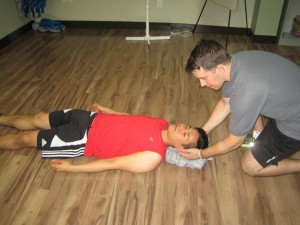Anyone can experience a seizure whether a friend, colleague at work or a family member. This is why it is vital that you know what to do in case a seizure occurs. A seizure is comprised of disorganized, electrical discharge of the brain and has various causes. In case an individual experiences several seizures, the doctor might diagnose it as epilepsy.
The management of seizures entails a long-term treatment. It is vital that you know when an individual has a seizure and what to watch out for. Remember that experiencing a seizure can be a distressing encounter for the individual as well as those observing it. Knowing the right actions to help the seizure victim can prevent injuries during the episode.
Characteristics of a seizure
Some cases appear differently from others, thus it usually depends on the seizure disorder and how they manifest. It is vital that you are familiar with some of the common symptoms seen during a seizure attack such as the following:
- Lip smacking
- Alteration or absence of consciousness
- Tongue biting due to the contraction of the jaw muscles
Remember that experiencing a seizure can be a distressing encounter for the individual as well as those observing it. - Involuntary muscular contraction of the whole body followed by relaxation
- Difficulty breathing and secretion of saliva from the mouth
A family member or co-worker might experience seizures. Even in public areas, you might witness an individual experiencing a seizure attack.
What you can do for a seizure attack?
Witnessing a seizure can be a distressing experience, but there are measures that you can do to help out the individual.
- Try to stay calm and do not panic.
- Do not attempt to move the individual experiencing a seizure to another area since this can injure you, the victim or other bystanders.
- Do not leave the individual experiencing a seizure. You have to stay with him/her until it stops.
- Check if the individual has a medical bracelet, necklace or ID as well as contact details or any form of verification that the individual has epilepsy.
- Protect the individual from any form of injury. This can be done by moving chairs or other hard objects away from the person during an attack.
- Do not try to open up the mouth or place any object inside the mouth since this poses as a choking danger or you could even injure yourself.
- Steadily position a soft cushion or pillow under the head to prevent head injuries during the episode.
- Slowly and gently turn the individual on his/her side and allow any fluid to drain out of his/her mouth.
- Do not try to provide anything to eat or drink while a seizure is taking place.
Seizures typically last for a short span of time, usually 1-2 minutes. If an episode lasts longer than 5 minutes, it is vital to call for an ambulance right away.
It is important to note that epilepsy and the ensuing seizures can happen in any individual at any age. When it comes to epilepsy, it refers to repetitive episodes of seizures.


